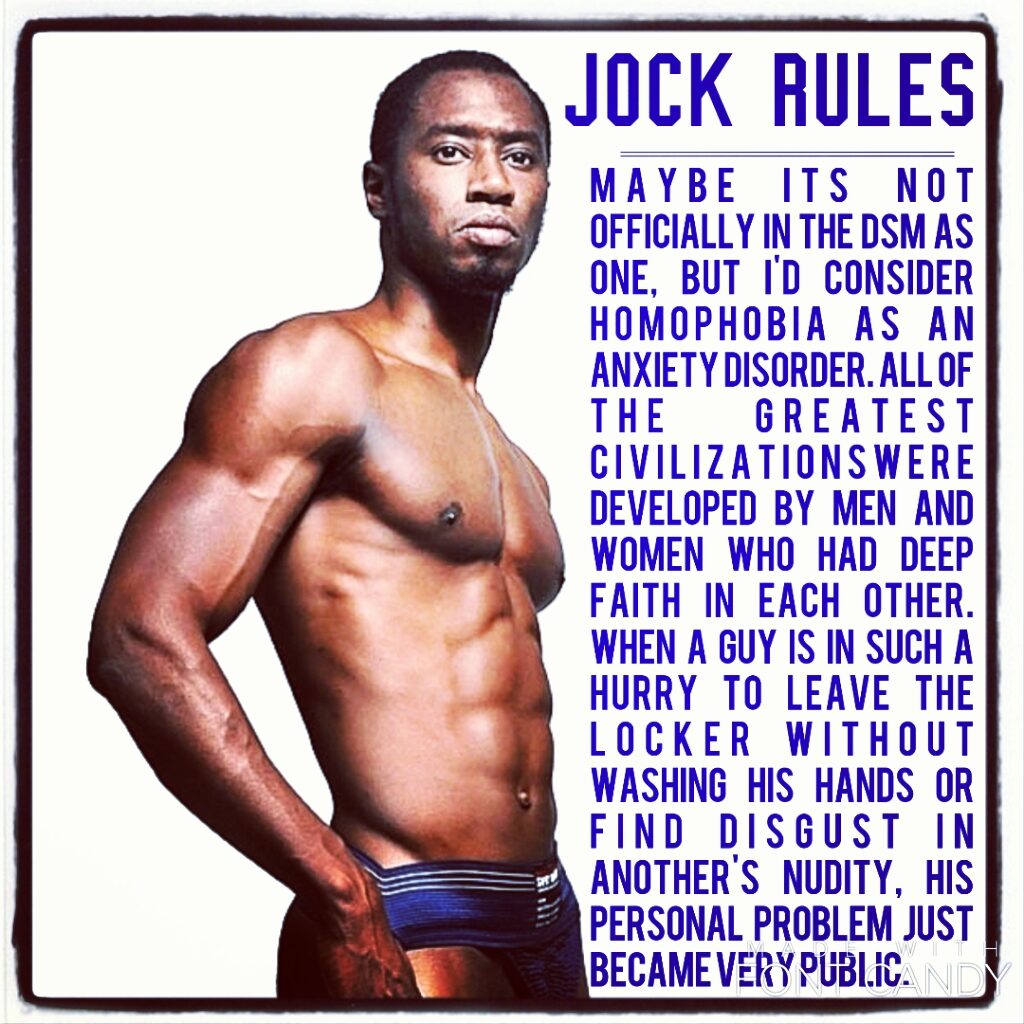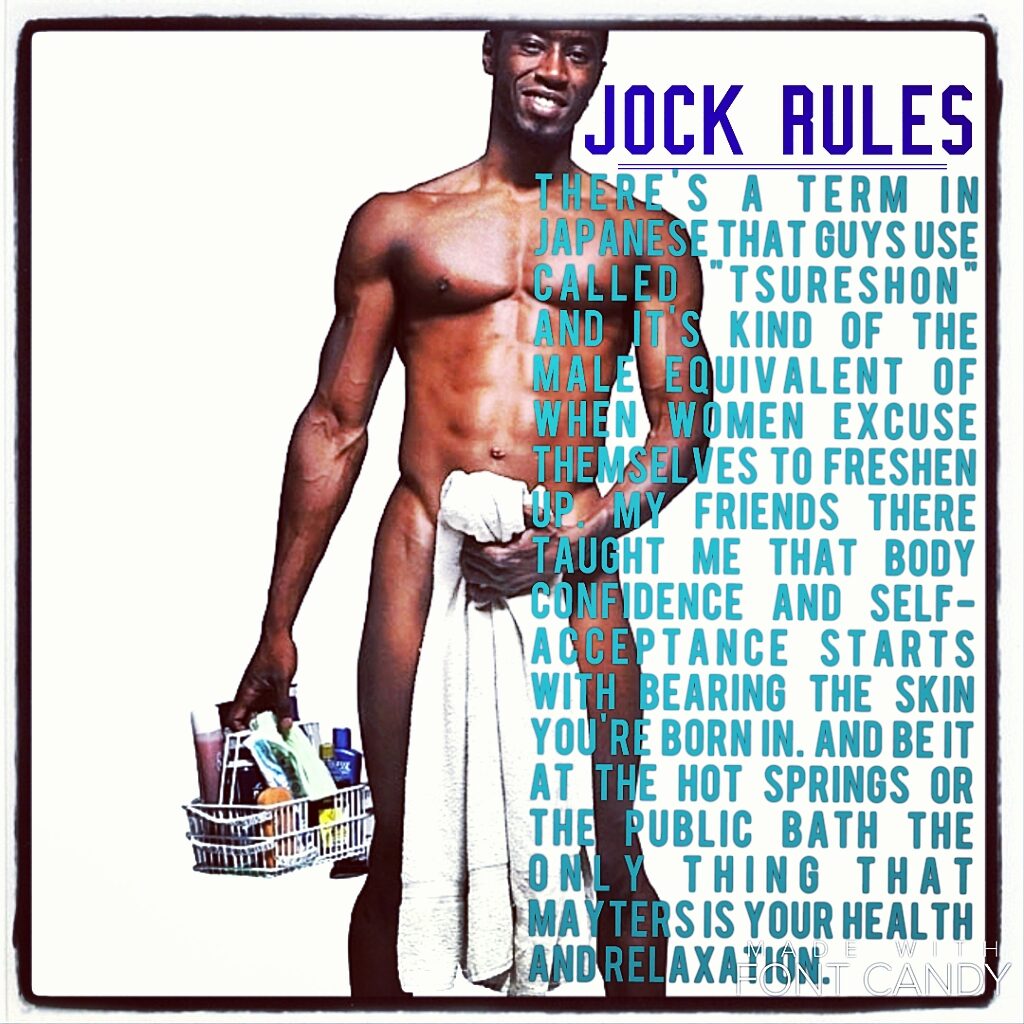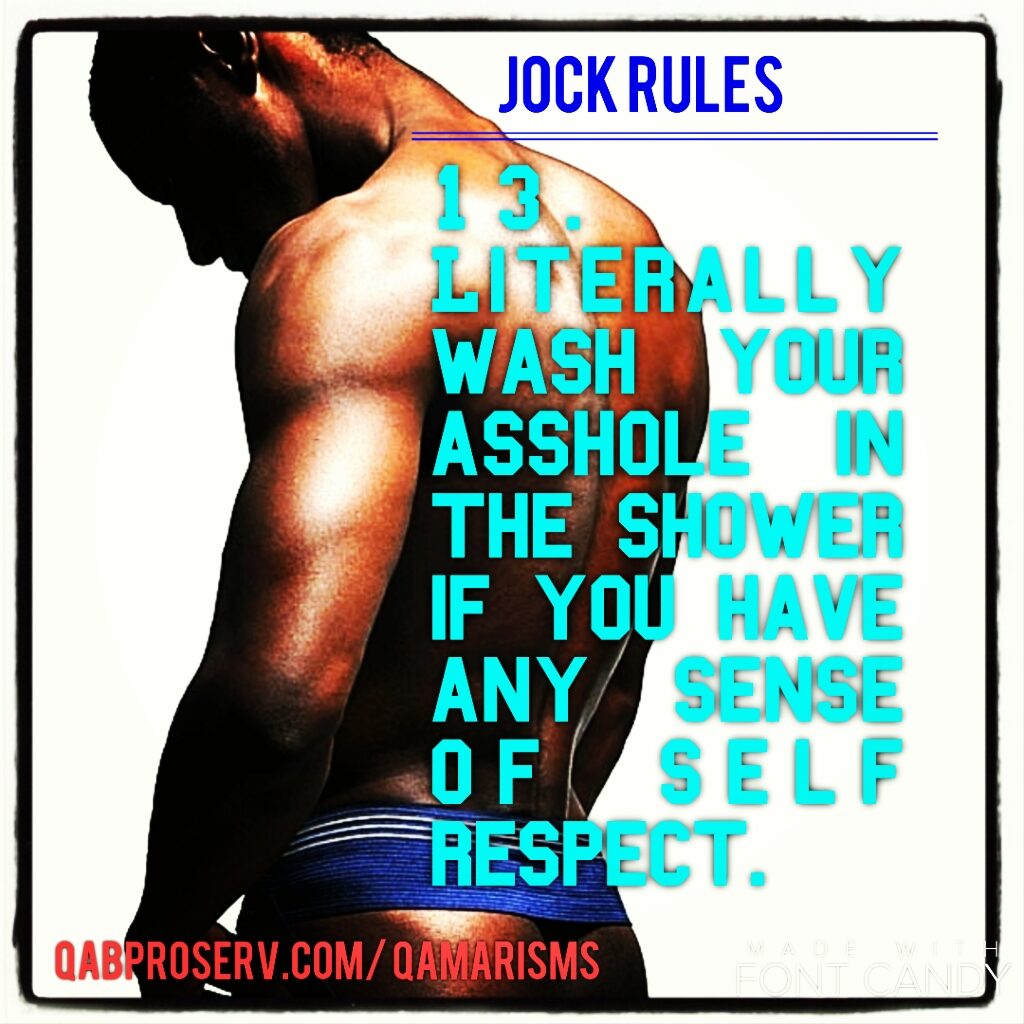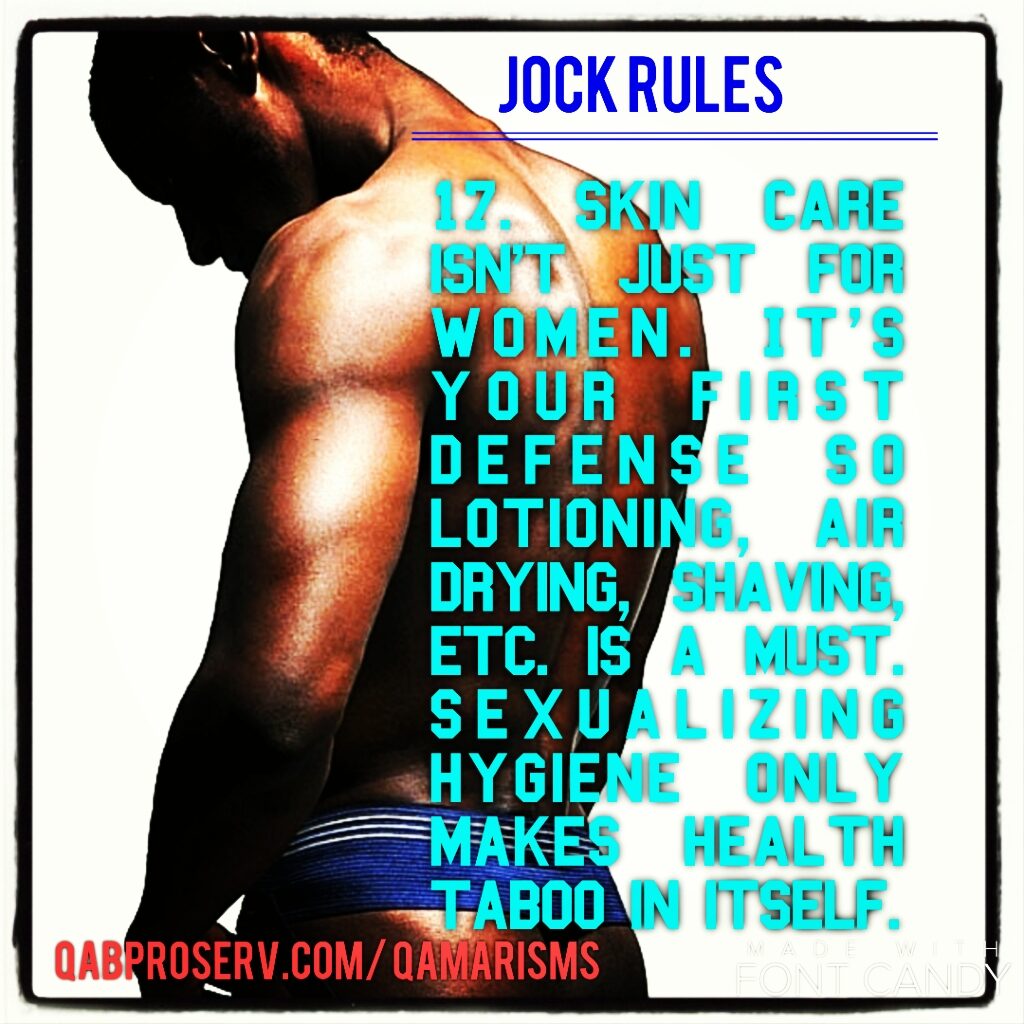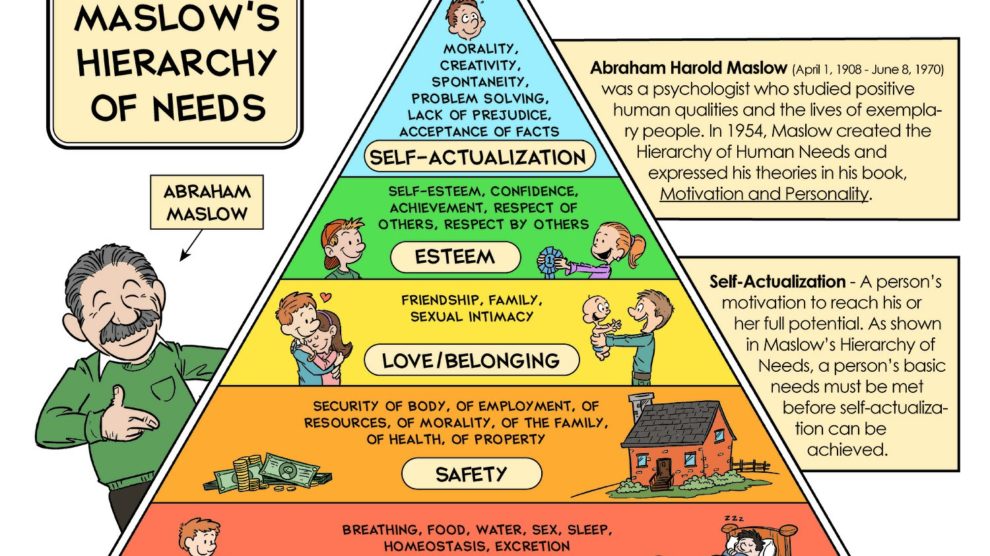ABSTRACT
Sexuality is a major component fitting into Maslow’s needs hierarchy as it is a spectrum. This paper will investigate sexual needs as an explorable palette and capacity that needs to be met and can be met in a safe, minimal risk environment. Sex work will be identified as a fulfillment of needs tied to socially relevant emotions. Accordingly, the paper will focus on how these unmet needs result in a psycho-emotional loop, a vicious cycle. It will touch upon how to counter prostitution by professionalizing sex-workers into sexual surrogates. The paper will answer the complex question: if there is not a pyramidal scheme in the surrogate’s earnings; if the client’s sexual needs are based in some sort of functional limitation that is temporal, psychological or emotional rather than recreation; If the exchange is consensual and mutually beneficial; If both parties assume responsibility and potential health risk; how is it not a therapeutic act? Lastly the paper will explore how the International Professional Surrogate Association’s three party framework can be integrated and proliferated to combat illegal sexual activity like prostitution and sex trafficking.
http://www.npr.org/2010/03/08/124369913/whip-smart-memoirs-of-a-dominatrix
Melissa Febos explores in retrospect her access to the BDSM culture and sheds light on the psychoanalytic properties of sex workers. She reports a variety of aspects that touch upon themes of transference, counter transference, identity, power distribution and privilege. Febos delivers a detailed account that fits well in comparative analysis of sexuality with curricula form organizations like the International Professional Surrogate Association and the Kinsey Institute.
Sanders, T. (2007). The politics of sexual citizenship: Commercial sex and disability. Disability & Society, 22(5), 439-455. doi:10.1080/09687590701427479
“This paper breaks a long silence by bringing together two areas of literature that have generally been considered separately: that of sexuality and disability with findings from studies on sex work. Presenting empirical findings from two studies, one with sex workers who work from indoor sex markets and the other with men who buy sex, this paper exposes the existing relationships and practices between men with physical and sensory impairments who seek out commercial sexual services from female sex workers. In the discussion the politics surrounding sexual rights and commercial sex will be addressed. In the context of commercial sex, quality of life issues, complex power dynamics and the common ground between disabled people and sex workers rights are discussed. This paper considers the negative aspects of promoting commercial sex for people with impairments, as well as the positive aspects regarding the wider campaign for sexual citizenship. Finally, I set out recommendations and a new research and policy agenda that investigates the complexities of commercial and facilitated sex. (PsycINFO Database Record (c) 2012 APA, all rights reserved) (journal abstract)”
